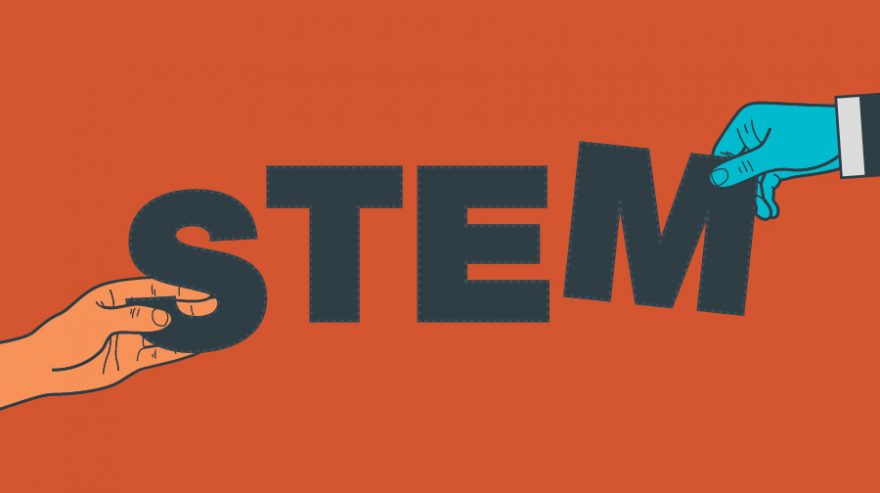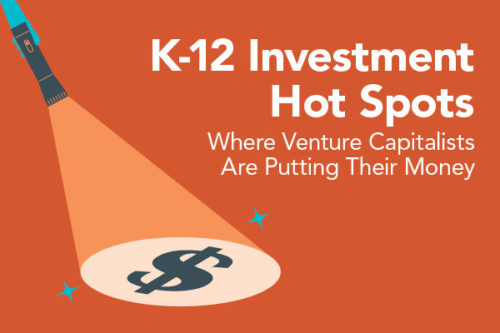A study that looked at ed-tech usage in schools found that on average, 67 percent of educational software licenses go unused.
Why Education Companies Should Take Rural Districts Seriously
Smaller Systems Are Often Willing to Innovate and Band Together to Buy Products

Rural districts are often more innovative and willing to spend on new products than companies realize, say two experts on rural schools.
Sign up for exclusive EdWeek Market Brief sessions that feature new, unreleased data and research and K-12 strategies for successful sales.
How Education Companies Can Manage and Motivate Millennial Workers
They Crave Workplace Flexibility, Opportunities for Professional Growth, and Fun in the Office

Millennials are the largest generation in today’s workforce and education companies are uniquely suited to attract them. But managing them effectively can be challenging.
One Pioneering District Leader’s Expectations for STEM Products
Word of Mouth Referrals, and Products That Reflect Real-World Experience Matter in an Alabama School System

The Talladega, Ala., County School District has a big footprint in the national conversation about advancing STEM for its students.
At SXSW EDU, EdWeek Market Brief will hold briefings on educational trends and international education markets.

Learn more about the K-12 trends and products that are attracting venture capital investment in this webinar on Feb. 22 at 2 p.m. EST.
Inside a Nationwide Education Purchasing Cooperative: What Companies Need to Know
For Education Companies, Working With a Co-Op Can Lead to Bigger Deals, a Shorter Sales Cycle and a Wider Reach

Working with a purchasing cooperative can help education companies strike bigger deals, reach more districts with their products, and shorten the selling cycle.
In this Two-Minute Tip video, EdWeek Market Brief’s Michelle Davis talks about how K-12 companies can win the trust of district officials, and deliver on their promises.
This year among more than 30 entries to FETC’s Pitchfest to award the title of most innovative startup, many of the companies had a social mission in addition to being for-profit models.

